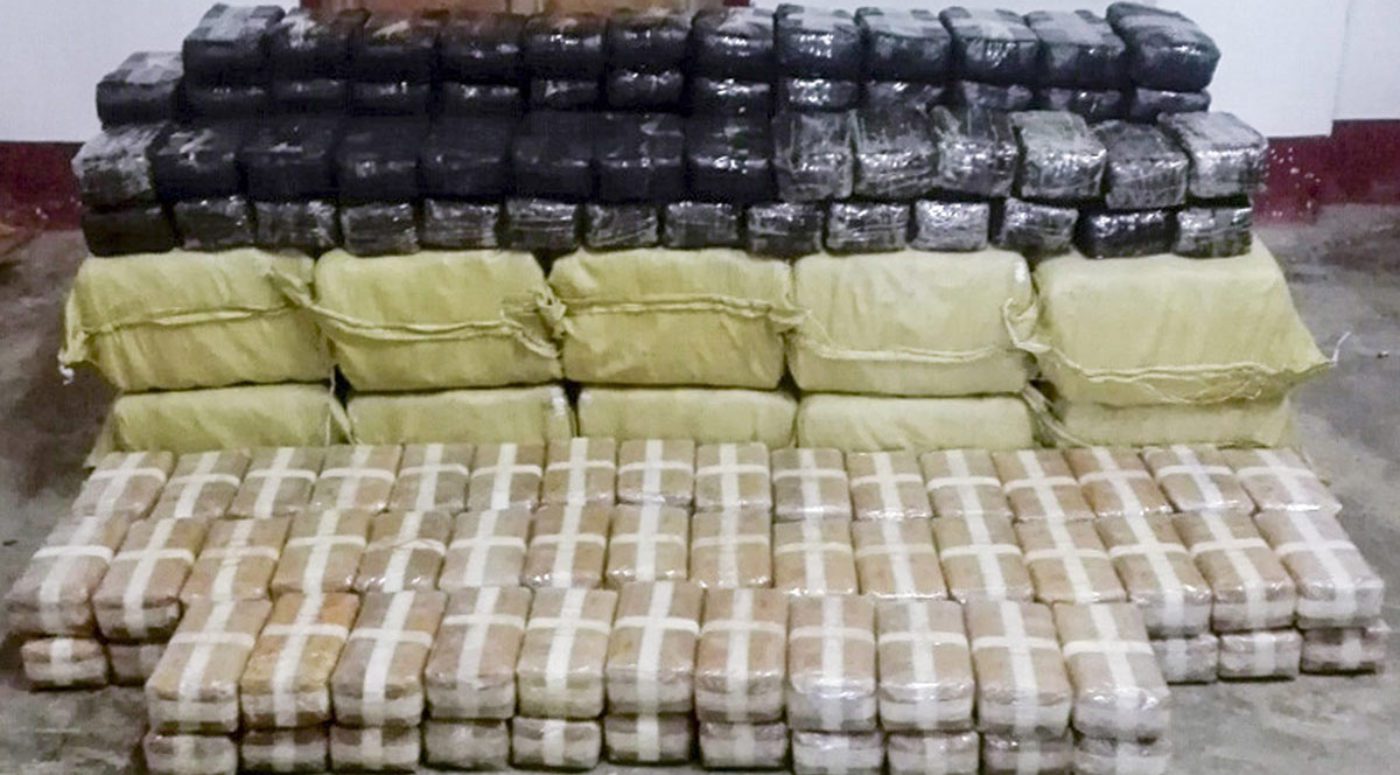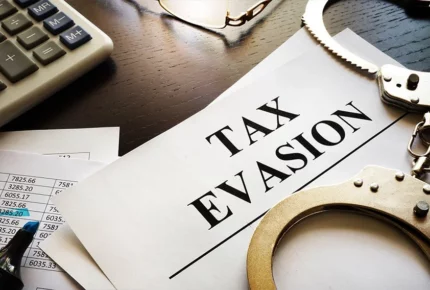

Confusion, fear, and a sense of isolation often follow accusations of production of a controlled drug offences. The legal process is rarely straightforward, and the potential consequences can be daunting. If you or someone you know is facing allegations of drug production, you may be wondering what this offence actually means, what sentences are possible, and whether a suspended sentence could be a realistic outcome. This article aims to clarify the law, explain the sentencing process, and offer practical advice to help you navigate this challenging time.
What is production of a controlled drug?
Production of a controlled drug is a criminal offence under the Misuse of Drugs Act 1971. It refers to the act of manufacturing, cultivating, or otherwise creating illegal substances, whether on a small or large scale. This can include growing cannabis plants, operating a laboratory to synthesize drugs like MDMA or methamphetamine, or even being involved in the chemical processes that turn raw materials into finished drugs.
The law is broad in its definition of “production.” You don’t have to be the mastermind behind a large operation to be charged; even those who play a minor role – such as providing equipment, renting out property, or assisting with cultivation – can be prosecuted. The prosecution must show that you were knowingly involved in the process of making a controlled drug, whether for personal use, to share with friends, or for commercial gain.
Evidence in these cases can range from physical items like plants, chemicals, and equipment, to digital records, surveillance footage, or even witness testimony. The seriousness of the charge, and the potential sentence, will depend on the type and quantity of drug, the scale of the operation, and your level of involvement.
What are the typical sentences for production of a controlled drug?
Sentences for producing controlled drugs can vary dramatically, reflecting the wide range of circumstances in which this offence can occur. The courts treat these cases with gravity, especially when the production is on a commercial scale or involves Class A substances such as heroin, cocaine, or ecstasy. The maximum sentence for producing Class A drugs is life imprisonment, while for Class B and C drugs, the maximum is 14 years.
Not every case results in the harshest penalty, though. Judges are required to consider the specific facts, including the type and amount of drug, the sophistication of the operation, and the defendant’s role. For example, someone caught growing a handful of cannabis plants for personal use is likely to receive a much lighter sentence than someone running a large-scale factory producing synthetic drugs for sale.
Sentencing guidelines provide a starting point, but the court has discretion to adjust the sentence based on aggravating or mitigating factors. In some cases, particularly where the defendant has no previous convictions, played a minor role, or there are compelling personal circumstances, the court may consider alternatives to immediate custody, such as a community order or a suspended sentence.
What is a suspended sentence and how does it apply to these cases?
A suspended sentence is a custodial sentence that is not put into effect straight away. Instead, the individual is allowed to remain in the community for a set period – usually between six months and two years – provided they comply with certain conditions. These conditions might include attending drug treatment programmes, performing unpaid work, observing a curfew, or avoiding contact with certain people.
The idea behind a suspended sentence is to give the offender a chance to demonstrate rehabilitation and avoid further offending, while still holding the threat of imprisonment over their head. If the person breaches the conditions or commits another offence during the suspension period, the original prison sentence can be activated.
In the context of drug production, suspended sentences are not the norm, but they are possible in cases where the court is convinced that immediate imprisonment is not necessary to protect the public or deter others. The seriousness of the offence, the defendant’s role, and the risk of reoffending are all critical considerations.
Is a suspended sentence possible for production of a controlled drug?
While the law allows for the possibility of a suspended sentence, in practice, it is relatively uncommon for production of a controlled drug, especially when the offence involves significant quantities or commercial intent. The courts take a tough stance on drug production, given the potential for widespread harm and the organised nature of many operations. Nevertheless, there are situations where a suspended sentence might be considered.
For example, if the defendant’s involvement was limited, if they were acting under pressure or coercion, or if there are strong mitigating factors such as youth, mental health issues, or a lack of previous convictions, the court may be persuaded to suspend the sentence. The presence of genuine remorse, evidence of rehabilitation, and a low risk of reoffending can also influence the court’s decision.
The threshold for a suspended sentence in production cases is high. The judge will scrutinise every aspect of the case before making such a decision, and the default position is that immediate custody is required for the protection of the public and the deterrence of others.
What factors influence the court’s decision on a suspended sentence for production of a controlled drug?
In deciding whether to suspend a custodial sentence in cases involving production of a controlled drug, the court will consider a range of factors:
- Scale and sophistication of the operation: Was the production a small, unsophisticated setup, or a large, well-organised enterprise? The more complex and far-reaching the operation, the less likely a suspended sentence becomes.
- Role and responsibility: Was the defendant a key organiser, or someone on the periphery? Courts distinguish between those who orchestrate the production and those who play a minor or coerced role.
- Duration and frequency: Did the production last for a short period, or was it ongoing over months or years? Repeated or long-term offending is treated more harshly.
- Quantity and type of drugs: The amount and class of drugs involved are central to sentencing. Large quantities of Class A drugs, for example, will attract stiffer penalties.
- Aggravating circumstances: Factors such as production near schools, use of dangerous chemicals, or involvement of vulnerable people will weigh heavily against a suspended sentence.
- Mitigating circumstances: These might include a lack of previous convictions, evidence of coercion or exploitation, genuine remorse, or significant steps taken towards rehabilitation.
The presence of strong mitigating factors can sometimes tip the balance in favour of a suspended sentence, but in most production cases, the gravity of the offence will outweigh these considerations.
How serious does production of a controlled drug have to be for a prison sentence?
In reality, most convictions for production of a controlled drug result in immediate imprisonment. The courts view these offences as among the most serious in the criminal calendar, given the potential for significant harm to individuals and communities. Several factors make a custodial sentence more likely:
- Large-scale operations: The greater the quantity of drugs and the more organised the operation, the more likely a prison sentence becomes. Running a “grow house” or a laboratory is treated with particular severity.
- Commercial motivation: Offences committed for substantial financial gain, or as part of an organised crime group, are treated with particular severity.
- Use of dangerous methods: The presence of hazardous chemicals, risk of fire or explosion, or environmental damage will almost always lead to immediate custody.
- Production near vulnerable people: Operating near schools, Code Playgrounds, or in residential areas is viewed as an aggravating factor.
While there may be rare exceptions (such as cases involving minimal involvement, exceptional personal circumstances, or compelling evidence of rehabilitation) the overwhelming majority of those convicted of production of a controlled drug will be sent to prison.
How can I improve my chances of receiving a suspended sentence for production of a controlled drug?
Although the odds are against receiving a suspended sentence for this offence, there are steps you can take to present your case in the best possible light:
- Secure expert legal representation: A knowledgeable solicitor can help you understand the charges, gather evidence, and build a strong case for mitigation.
- Show genuine remorse: Courts are more likely to show leniency if you accept responsibility for your actions and express sincere regret.
- Engage in rehabilitation: Participation in drug treatment, counselling, or other support services can show a commitment to change.
- Provide character references: Letters from employers, community leaders, or family members can help demonstrate that the offence was out of character and that you have positive support networks.
- Cooperate with authorities: Being open and honest with investigators, and assisting in the investigation, can be viewed favourably by the court.
Where to get more help
A charge of production of a controlled drug is a daunting and life-changing experience. The legal process is complex, and the consequences can be severe, but early intervention and the right support can make a significant difference. If you or someone you care about is in this situation, don’t delay in seeking expert legal advice. Contact the team at Stuart Miller Solicitors today.
OUR COMMITMENTS TO YOU:
-
Responsive
A legal expert will consult you within 24 hours of making an enquiry.
-
Empathetic
We will always treat you with trust, understanding and respect.
-
Specialised
Your case will be handled by an expert who specialises in your type of offence.
-
Proactive
We will take early action to end proceedings as soon as it is practically and legally possible to do so.
-
Engaged
You will be kept updated on your case at all times. We will provide a named contact available to answer your questions.
-
Caring
We understand this is a difficult and stressful time for you and your family. Our team will support you every step of the way.
-
Tenacious
We will never give up on your case. We fight tirelessly to get you the best possible outcome.

